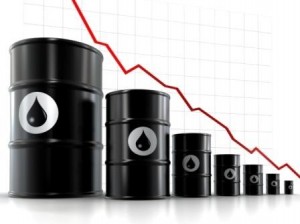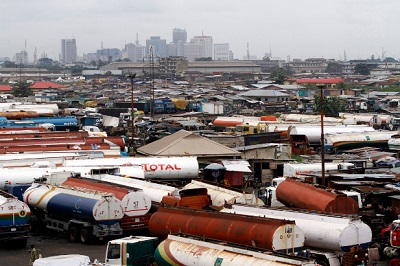A Warning Sign

The global decline in the price of crude will surely engender fear in poorly managed economies like Nigeria which largely depends on oil for its revenue
There was early warning sign by middle of July this year signifying that global oil demand was disappearing.
This quickly impacted on oil price which hit US$ 80/bbl and price at the pump also fell, and analysts were surprised.
In addition, breakthroughs in oil and gas technology have also driven the development of unconventional oil and gas resources in regions of the world that were previously considered too high cost, too high risk or too far away from established markets for profitable energy production.
The drop in demand according to analysts is the result of a number of factors, including, slowing economic growth, rising global oil production (especially in North America), unexpected resumption of oil production in Libya, Nigeria, South Sudan and Iraq and increasing energy efficiency, a response to three years of oil prices in excess of $ 110/bbl, which, in turn has an impact and continues to impact long term global demand
Nigerian government which is caught in the web of the sliding oil price and said it is taking proactive measures to respond to the challenge.
But despite assurances by Nigeria’s apex bank, Central Bank of Nigeria (CBN) that crashing oil price will not harm the economy; international analysts see the country being hit afterwards. CBN governor Godwin Emefiele in an attempt to raise government’s confidence had said that the bank is working hand in hand with government to develop monetary and fiscal policies to ensure Nigeria is not negatively affected by the falling oil prices.
But these are only promises, analysts insist that the only major oil exporters not in deep trouble are the Arab countries, whose governments have room for maneuver because of low production costs, relatively small populations, and big foreign currency reserve and Nigeria is nothing near that.
Last month, for the first time in decades, Nigeria exported no oil at all to the United States even at a big discount, Americans just don’t need it. The question is, if United States of America, the biggest importer of Nigerian crude now stops importing as a result of the challenges facing the market globally, what does that portend for Nigeria? Other oil producing nations like Venezuela, Mexico are putting measures in place to forestall the full impact of this problem, what is Nigeria doing about it? Granted, the Minister of Finance, Ngozi Okonjo-Iweala had warned that the country would start experiencing the effect of this problem before the year runs out but is that enough? What exactly in concrete term is the country doing about the global economic menace?
The country should start preparing for this by exploring other avenues that will help in stabilizing the economy should oil prices drop below $70 per barrel .It will really be disastrous we are blinded by soap foams inside a pool.







